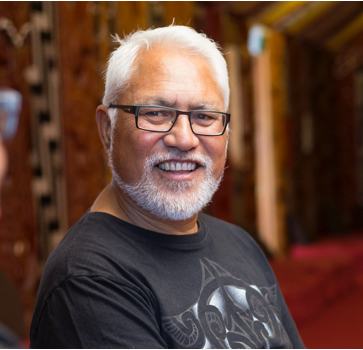Methods of managing Māori land: Trusts, incorporations and reservations
Other forms of decision-making and representation for multiple owners
In addition to trusts, incorporations and reservations, Te Ture Whenua Māori Act provides a number of other methods by which the multiple owners of Māori land can make decisions about the land or by which third parties can deal with the owners:
- owners and other interested people can apply to the Māori Land Court for it to order a meeting of the “assembled owners” of the land
- in certain cases, people wanting to give notice to the owners of Māori land can instead give notice to the registrar of the Māori Land Court
- the court can also appoint an agent to represent the owners in certain cases.
Meetings of multiple owners of Māori land (“Assembled owners”)
Te Ture Whenua Māori Act 1993, ss 172, 173 Māori Assembled Owners Regulations 1995
The Māori Land Court can call a meeting of the assembled owners of Māori land after a formal application from any of the owners or from any person interested in the issues that are proposed for discussion. The court can also call a meeting on its own initiative. The owners must be given at least 14 days’ notice of the meeting.
Issues that can be voted on at a meeting of assembled owners include several issues specifically stated in the Act – for example, whether to sell the land or whether to become an incorporation – or any other issue that’s of common interest to the owners or on which the court wants the owners’ opinion.
A resolution passed at the meeting has no legal effect unless it’s confirmed by the Māori Land Court.
Giving notice to owners through the Māori Land Court Registrar
Te Ture Whenua Māori Act 1993, s 181
In a situation where the law requires someone to give formal notice to landowners but doesn’t specify how this is to be done for Māori land, the person in question can instead give notice to the registrar of the Māori Land Court.
However, this can only be done if:
- the land is owned by more than 10 people, or
- the registrar is satisfied that it’s impractical to give notice to the owners in the ordinary way because the whereabouts of one or more of the owners is unknown or because one or more of the owners has died and their interest hasn’t yet passed to their successors.
Appointment of an agent for the owners by the Māori Land Court
Te Ture Whenua Māori Act 1993, s 183
When Māori land is owned by more than 10 owners the Māori Land Court can appoint one of the owners (or two or more people of whom at least one is an owner) to be an agent for the owners for various purposes – for example, to receive notices about the land, to take part in legal proceedings involving the land, to hire lawyers, valuers and other professionals, or to borrow money.
The court can also do this in cases when there are 10 or fewer owners if it’s satisfied that notifying the owners in the ordinary way is impractical because either:
- the whereabouts of one or more of the owners is unknown, or
- one or more of the owners has died and their interest hasn’t yet passed to their successors.

